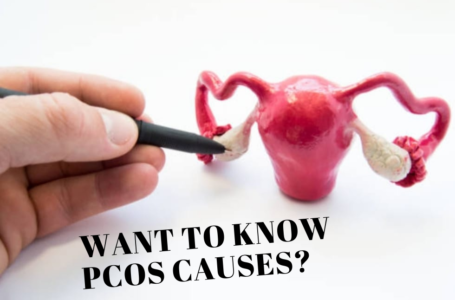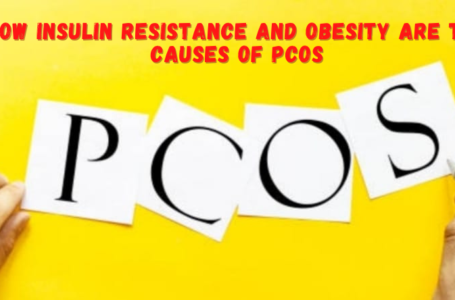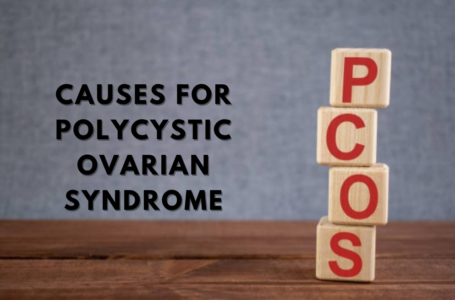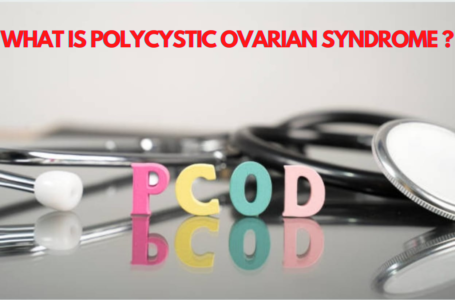Polycystic Ovarian Syndrome
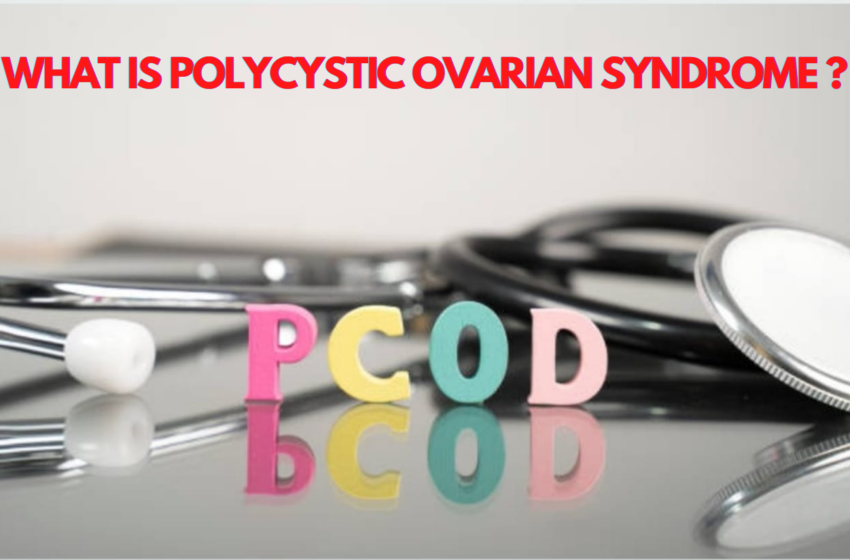
Polycystic Ovarian Syndrome {PCOD} is a very common health problem which can be seen in 1 out of 12 women in the age group of 12-45 years nowadays, PCOD generally means unstable female hormones which results in missed or delayed menstrual cycle, which can result in infertility and cysts development in ovaries.
Credit for discovery of PCOD is mainly given to Stein and Leventhal, however, in 1721, an Italian scientist, Vallisneri, described a married, infertile woman having shiny ovaries with a white surface with the size of pigeon egg.
What is Polycystic Ovarian Syndrome?
- PCOD is a common health problem in females causing imbalance in female hormones. It directly affects the ovaries and simultaneously creates complications in menstrual cycle and in conceiving pregnancy.
- The hormonal imbalance creates problem in the ovaries by producing more male hormone that is androgen. No doubt, male hormone is usually present in women in small amounts. But during PCOD male hormones starts suppressing female hormones which ultimately causes delayed or no periods.
- Missed or no periods can cause ‘infertility’ or ‘development of cysts’ in ovaries.
- The term PCOD in which ‘p’ stands for ‘polycystic’ means ‘numerous cysts’.
- These small cysts are sacs which contains fluid. These sacs are actually small follicles comes from primordial follicle. Each sac contains an immature egg which never gets mature enough to spark ‘Ovulation’.
- ‘Ovulation’ is the process of the release of matured egg from ovaries into fallopian tube. This process generally occurs 10-16 days prior to next period starts. Also we can say in the mid of the menstrual cycle. It is the best period to conceive pregnancy. Because at this point of time egg is completely ready to mate with sperm.
How PCOD is a vicious circle ?
- Women suffering from polycystic ovarian syndrome can’t have proper ovulation. Because of the numerous immature eggs which overpower mature eggs and ultimately causes improper ovulation.
- The lack of proper Ovulation changes levels of female hormones (mainly estrogen and progesterone) .Which ultimately triggers male hormone testosterone level. This whole cycle results in delayed or missed periods ultimately.
- PCOD is a never ending cycle. As PCOD causes delayed or missed periods which causes infertility or cysts development which leads to unstable ovulation. This triggers high androgen level and leads to PCOD again. Hence, this cycle never breaks. It goes on till the root cause is examined properly. As soon as woman comes to know its root cause, they should start taking treatment properly.
- PCOD is not always because of imbalance hormones. It can be genetic and not only one but many genes contribute to the PCOD condition. It can be because of environmental factors as well as women with high insulin resistance do have high risk of PCOD.

CONCLUSION:
PCOD [Polycystic Ovarian Syndrome] can be defined as a combination of metabolic and endocrine abnormalities,. This affects to 27% of women of reproductive age. It is a result of hormonal imbalance in which female hormones estrogen and progesterone . These are suppressed by a male hormone androgen, which adversely affects ovaries . It disturb menstrual cycle of most of the women. Which can cause infertility, cysts development and ovaries enlargement. Ether they get periods after long intervals or don’t get periods .Most of the women having this problem become incapable to conceive. PCOD is a vicious cycle, once it catches you inside it becomes hard enough to get out of it. But it is not impossible to come out of this cycle. You can easily come out of it . There are many ways like taking proper medications, changing lifestyle, practicing yoga and proper diet plans.
Yes, PCOD is a hormonal problem but it can be either ancestral or because of urban environment.

